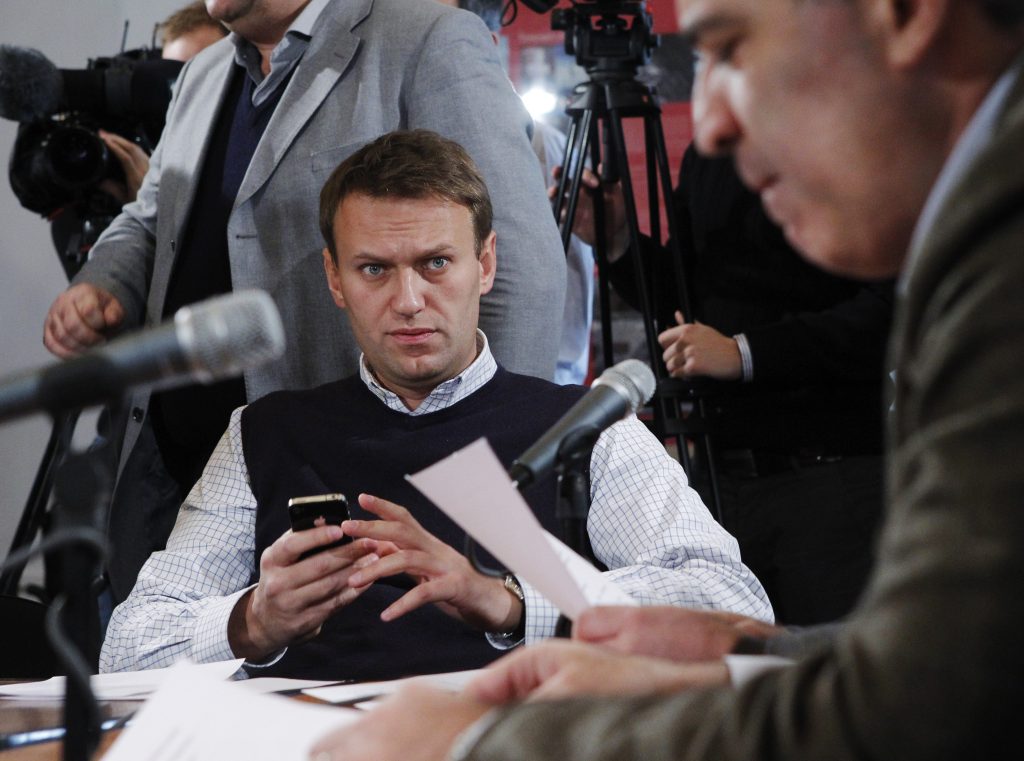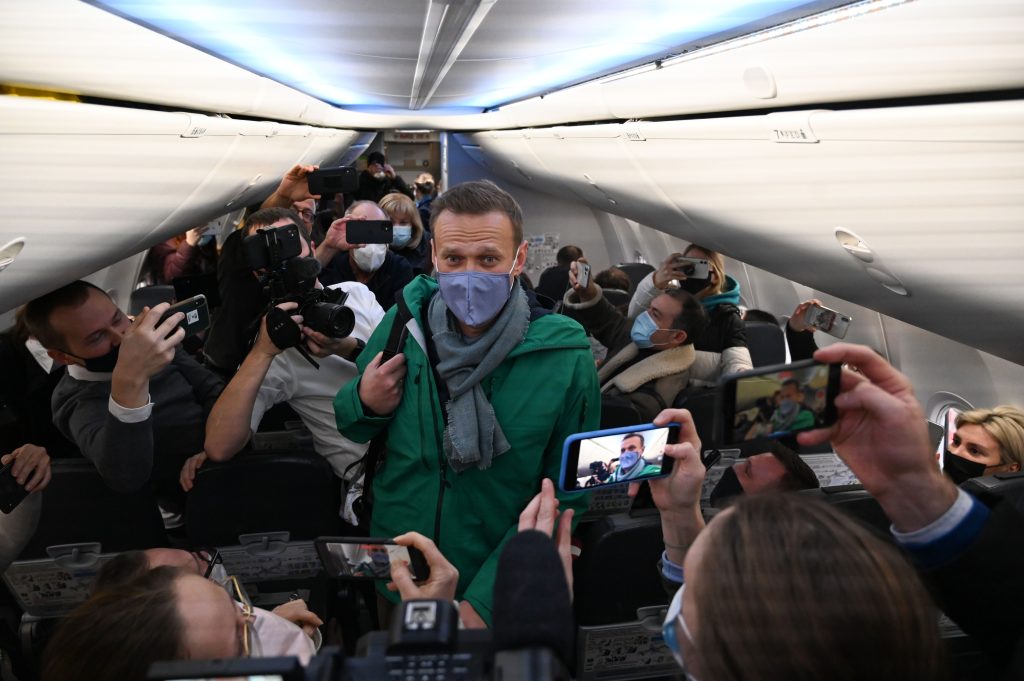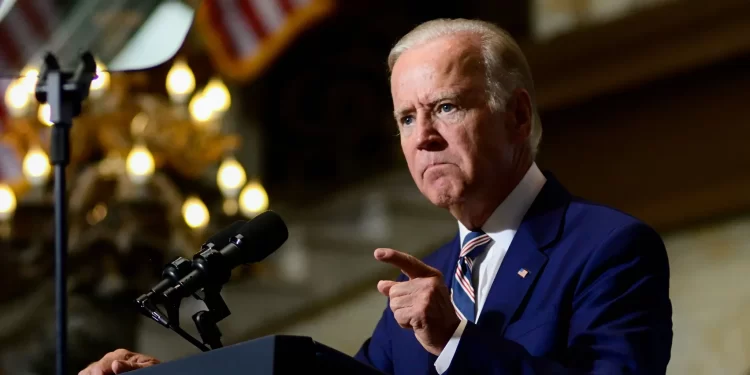In a recent statement, President Joe Biden accused Russian President Vladimir Putin of being responsible for the death of prominent Russian opposition leader Alexei Navalny. Biden also criticized former President Donald Trump for his perceived leniency towards Russia, accusing him of encouraging the country to act without consequences.
Alexei Navalny, a vocal critic of the Russian government, fell ill on a flight in August 2020 and was subsequently hospitalized. After extensive investigations by independent laboratories and international organizations, it was determined that Navalny had been poisoned with a nerve agent called Novichok, a substance widely believed to be available only to state actors. Navalny was eventually transported to Germany for treatment, where he made a partial recovery. However, his health deteriorated, and he passed away in February 2021.

In a press conference, President Joe Biden stated that he believed Vladimir Putin was responsible for the death of Alexei Navalny. Biden condemned the poisoning as an “outrageous act” and called for an international investigation into the matter. Biden also criticized his predecessor, Donald Trump, for allegedly encouraging Russia to act without consequences during his time in office, implying that this leniency may have emboldened Putin’s regime.
Biden’s accusations against Putin and his critique of Trump carry significant implications for US-Russia relations. By directly attributing responsibility to Putin, Biden is signaling a firm stance against Russian aggression and human rights violations. This approach marks a departure from the perceived softening of US policy towards Russia under the previous administration. Biden’s remarks also highlight a renewed emphasis on human rights and the rule of law as core principles of US foreign policy.

Furthermore, Biden’s statements may strain diplomatic relations between the United States and Russia. Accusing a foreign leader of involvement in the death of a prominent opposition figure is a serious allegation that could have far-reaching consequences. It remains to be seen how Russia will respond to these accusations and whether it will engage in dialogue or adopt a more confrontational stance.

Biden’s call for an international investigation into Navalny’s poisoning underscores the importance of holding those responsible accountable for their actions. The poisoning of a political dissident is not only a violation of human rights but also a breach of international norms. Biden’s statements have garnered support from various world leaders who share concerns over Russia’s actions and the need for a thorough investigation.
https://twitter.com/Megatron_ron/status/1758551174259609822As the United States under President Joe Biden takes a more assertive stance against Russia, the potential consequences for US-Russia relations are significant. Biden’s accusations against Putin for Navalny’s death, coupled with his criticism of Trump’s approach, set the stage for a potentially more confrontational relationship between the two countries. The path forward will likely involve a delicate balance between addressing human rights concerns and maintaining necessary diplomatic channels.
:
President Joe Biden’s accusations against Vladimir Putin for the death of Alexei Navalny and his criticism of Donald Trump’s approach to Russia have sparked intense debate and are likely to impact US-Russia relations. By attributing responsibility to Putin and advocating for an international investigation, Biden is signaling a shift towards a more assertive stance on human rights and accountability. The outcome of this situation remains uncertain, but it is clear that the United States, under President Biden, is taking a stronger position against Russian aggression and human rights violations.


















